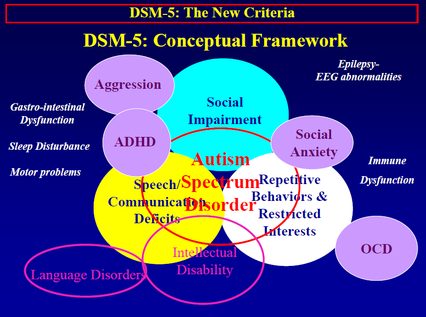What to do when teenager is out of control
Out-of-Control Teens: Behavior & Treatment
From Normal Teen Behavior to Out-of-Control Teenage Behavior
Behavioral changes are normal in teens, even if they may be confusing to parents. Rolling eyes, one-word responses to open-ended questions, slamming doors, and spending most of their time on their cell phones or social media, are all normal teen behaviors.
However, troubled teen behaviors go beyond normal teenage issues. A troubled or out-of-control teen has behavioral, emotional, or learning issues that amplify and become more intense over time.
They often practice at-risk or out-of-control behaviors which include:
- Drinking
- Drug use
- Self-harm
- Sex
- Shoplifting
- Skipping school
- Social or video game addiction
- Spending time with the wrong crowd
- Violence
They often demonstrate symptoms of mental health problems, including ADHD, anxiety, depression, bipolar, and/or eating disorders.
Examples of Normal vs. Troubled Teen Behavior
So, how do you know if your teen is exhibiting normal adolescent behavior or is showing signs of out-of-control teenage behavior?
Here are some examples of normal and abnormal teen behaviors that can help you identify a troubled teenager:
- Parents of teenagers will tell you that the teen years bring increased arguments and rebellious behaviors. As teens seek independence, they often come in conflict with authority figures in their life. However, out-of-control teens will often escalate arguments, engage in violence at home or at school, and have issues with law enforcement.
- Biological changes generally make mood swings a normal behavior for teens. Healthy teens can exhibit irritable behavior and can struggle to manage their emotions. However, sudden anxiety, changes in personality, poor academic performance, chronic sadness or sleep issues could indicate a more major emotional health issue.
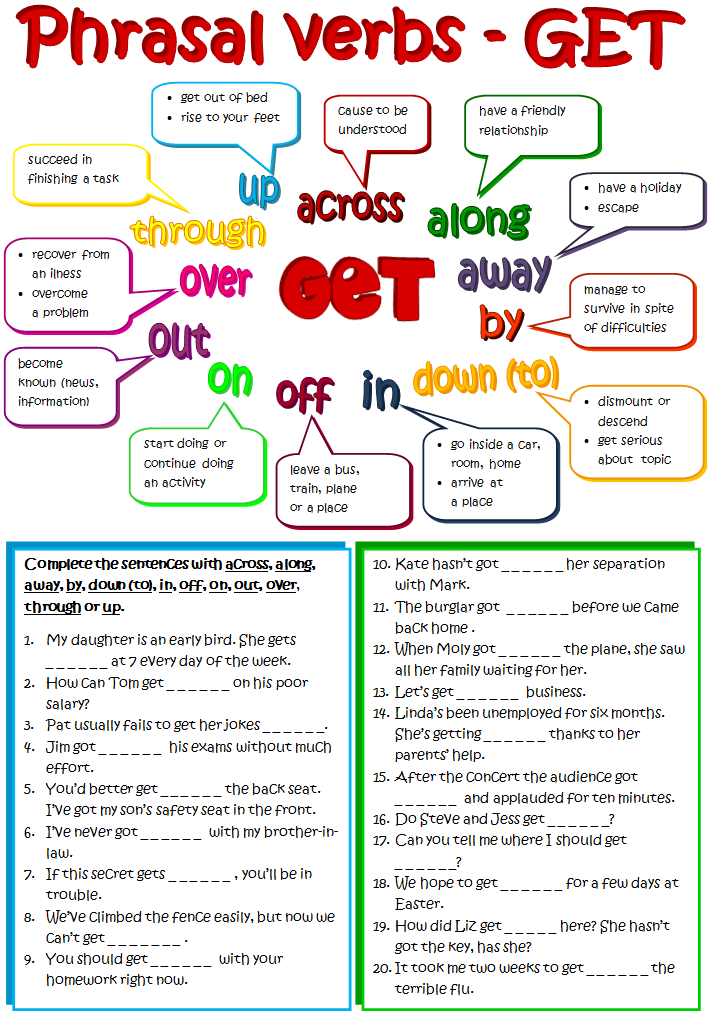 As with any person, take any discussion of suicide seriously and get help immediately.
As with any person, take any discussion of suicide seriously and get help immediately. - Experimenting with alcohol or drugs is often normal in the teen years. Most teens will drink alcohol and smoke a cigarette and many will even try marijuana. However, when alcohol or drug use becomes habitual, it may increase problems at home or with schoolwork and may indicate a substance abuse issue that results in increased risky behaviors.
- It can be normal for teens to pull away from their parents and be more influenced by their peer group. However, a sudden change in friends can be a troubling sign, especially if a new group of friends has little regard for boundaries or rules, no responsibility, or encourages negative behavior. Also, spending too much time alone and isolating themselves from their peers is another sign of worrisome behavior.
- Most teens keep up with new fashion trends, which can result in a change in their appearance. Some wear attention-seeking clothing and dye their hair.
 This is all normal. However, when a teen has extreme weight gain or loss, shows evidence of cutting or self-harm, or if the changes in appearance are accompanied by other negative changes in behavior, it can be a sign of a troubled teen.
This is all normal. However, when a teen has extreme weight gain or loss, shows evidence of cutting or self-harm, or if the changes in appearance are accompanied by other negative changes in behavior, it can be a sign of a troubled teen.
Call Now: 866-479-3050
Schedule A Consultation
Recent Blogs & Tips
2:31 pm
9:51 am
12:09 pm
9:09 am
12:27 pm
12:40 pm
10:40 am
4:16 pm
10:11 am
10:57 am
8 Ways to Manage Acting-Out Kids and Teens
Kids who are getting high, stealing, shoplifting, and acting out are making bad choices that may affect them for the rest of their lives. If your child is making these bad choices, it needs to change.
But, unless something dramatic happens, people stay on the course they set during adolescence.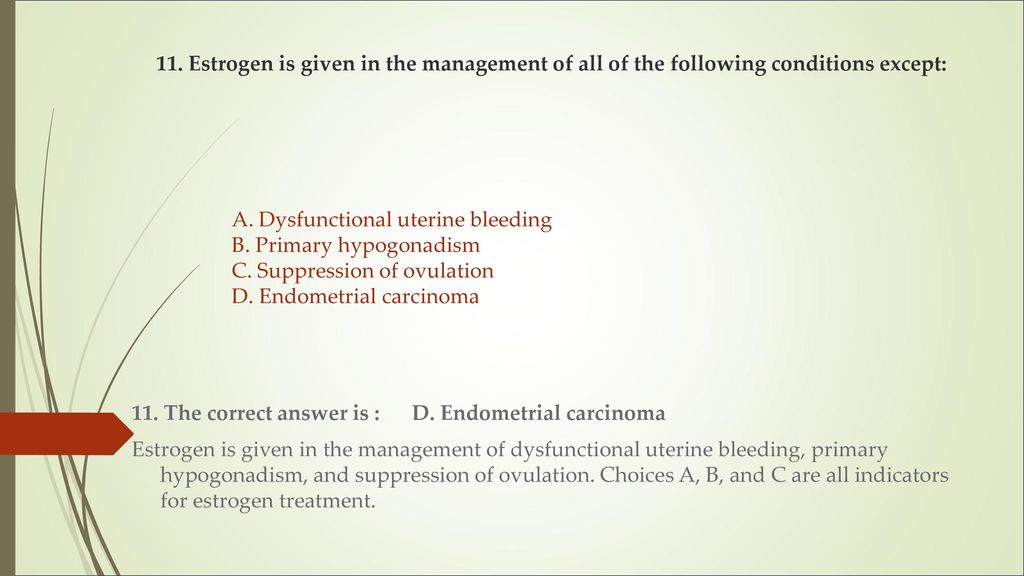 And if the course of your child’s life is petty criminal behavior (starting with stealing from you), using drugs and alcohol, and intimidating everybody at home, know that this is not going to change on its own.
And if the course of your child’s life is petty criminal behavior (starting with stealing from you), using drugs and alcohol, and intimidating everybody at home, know that this is not going to change on its own.
Make no mistake, this is not a phase. Rather, it’s a sign that your child is developing unhealthy behaviors that may stay with him his entire life.
Related content: Is It an Adolescent Phase—or Out-of-Control Behavior?
Below are my eight practical steps you can take today to manage your acting-out kids.
1. Stop Blaming Yourself for Your Child’s Behavior
I tell parents who blame themselves to cut it out. Remember, it’s not whose fault it is—it’s who’s willing to take responsibility.
So if you’re looking for answers in Empowering Parents articles and otherwise trying to improve your parenting skills, then you’re taking responsibility. Maybe you messed up in the past, but let’s start here, today, with what you are willing to do for your child now.
The next step is to try to get your child in a position where he becomes willing to take responsibility for his behavior.
2. Don’t Get Sucked Into Arguments
I always tell parents that they don’t have to attend every fight they’re invited to. Don’t let children suck you into an argument when they slam their bedroom door loudly or roll their eyes at you. I think the best thing to do is say:
“Hey, don’t slam the door.”
And then leave the room. Give your child a verbal reprimand right there on the spot, and then go.
3. Use “Pull-ups”
I think it’s also a good idea to be very specific with instructions to avoid a fight later. You can say:
“Listen, when you put the dishes in the dishwasher, rinse them off first.”
I call this a “pull-up” because you’re actually just giving your child a boost. It’s like taking them by the hand and helping them get on their feet.
You may need to do ten pull-ups a night, but that’s okay. Do it without any hard feelings. Don’t hold a grudge or cut him off when he’s talking. And don’t say, “I told you so—I warned you about this.” No one likes to hear that, not adults and not kids. It’s annoying.
Do it without any hard feelings. Don’t hold a grudge or cut him off when he’s talking. And don’t say, “I told you so—I warned you about this.” No one likes to hear that, not adults and not kids. It’s annoying.
Remember that blaming, speeches, and criticism all cut off communication. If you can have a relationship with your adolescent where you’re still communicating 60 or 70 percent of the time, you’re doing pretty well.
4. Don’t Personalize Your Child’s Behavior
If you get angry when your child stomps off to his room or doesn’t want to spend time with you, you’re personalizing his behavior. That gives him power over you.
I understand that this is easy for parents to do, especially if your teen used to enjoy spending time with you and was reasonably compliant when he or she was younger.
But if you take your child’s behavior as a personal attack upon you or your values, you’re overreacting. Your child is in adolescence. It’s his problem, and it’s not an attack on you.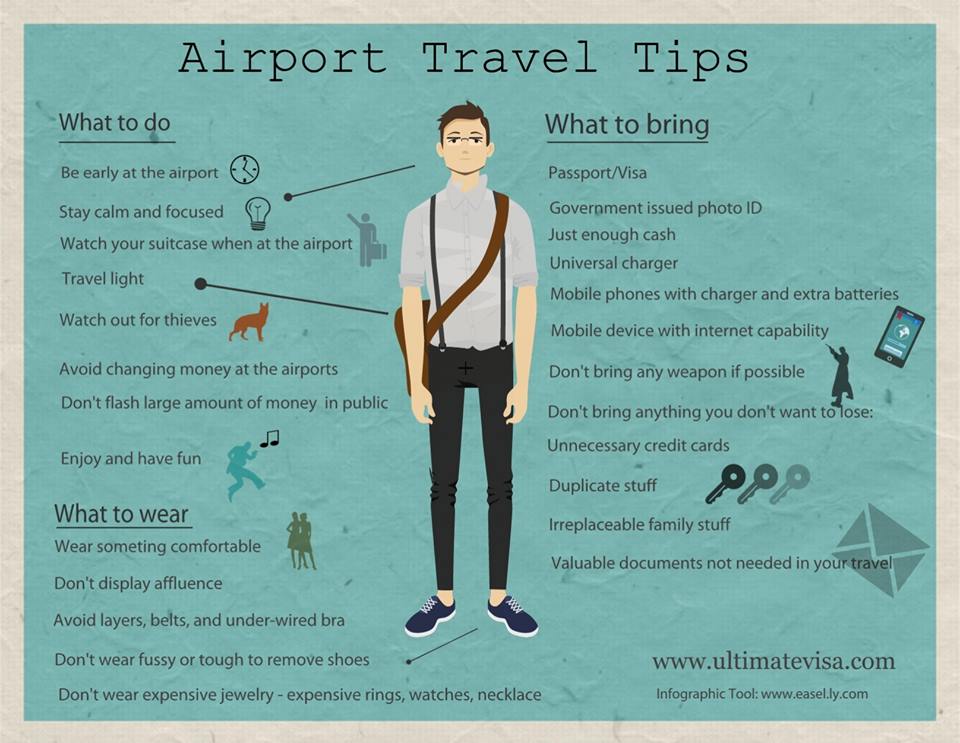 Instead, it’s just where he is in his developmental cycle.
Instead, it’s just where he is in his developmental cycle.
Your teen is not striking out at you personally. Believe me, teenagers will strike out at anybody who’s there, whether it’s you or a sibling. My point is that there is so much going on in your adolescent’s head that you shouldn’t take it personally. He is so self-involved at this stage in his life that he doesn’t see things clearly. Adolescence distorts perception.
So, if your teenage daughter comes home late, don’t take it personally. If she told you she wasn’t going to do something and then did it, don’t take it personally. It’s not, “You let me down.” It’s, “You broke the rules, and here are the consequences.” Just reinforce what the rules are and let your child know she’ll be held accountable.
The only time I think you should respond very strongly is when a child is being verbally or physically abusive. If your teenager calls you or others foul names or destroys property, you have to respond.
Related content: When Kids Get Ugly: How to Stop Threats and Verbal Abuse
5.
 Run Your Home Based on Your Belief System
Run Your Home Based on Your Belief System I believe parents should run their homes based on their own belief system, not on how other people operate, or how it appears families on television do things. It doesn’t matter if “everybody’s doing it” according to your teen. If your child says “everybody’s doing it” then you need to tell him:
“Well, I’m not ‘everybody’s’ parent, I’m yours. And in our family, this is not allowed.”
So if you believe it’s not right for a 16-year-old to drink beer, then that’s what you believe. And you need to run your home accordingly.
If you believe that lying and stealing are wrong, then make that a rule in your house and hold your children accountable for that behavior if they break the rules.
6. Be a Role Model
If you tell your child the rules and then you yourself break those rules, how do you think your adolescent will react? Do you think he’ll respect what you’ve said? Or do you think the message will be, “Dad says that I shouldn’t lie, but he sometimes does, so it’s okay. ”
”
It’s imperative to be a good role model and abide by the rules that you set. Otherwise, you risk having them be broken over and over again by your children.
7. Try Not to Overreact
Believe me, I understand that it’s easy to overreact to typical teenage behavior. Teens can be annoying and are often unaware of or just don’t care about other people’s feelings.
But I think some objectivity on the part of parents is vital. For example, if your child makes a mistake, like coming in past curfew, you don’t want to overreact to it. Don’t forget, the idea is not to punish. The idea is to teach. And we teach through responsibility, accountability, and giving appropriate consequences.
Related content: Watch James Lehman Explain Consequences
I think you should always ask yourself, “What does my child need to learn so that he doesn’t make that same mistake next time? What can I do about that?”
When a teen fails a test, the question should be, “So what are you going to do differently so that you don’t fail the next test?” You may hold your child accountable, there may be a consequence, but you should always try to have a conversation that solves problems, not a conversation that lays blame. Blame is useless.
Blame is useless.
So let’s say your child went to the mall without your permission. You hold him accountable and give him consequences for that breach of family rules. Then you should say:
“What can you do differently the next time the other kids say, ‘Let’s go to the mall,’ and you want to be cool and not ask me if it’s okay?”
Then help your child look at the range of options. He could say, “No thanks.” Or better yet, “I have to call my mother, she’s a pain in the neck, but I have to check in.” I used to tell kids to say this. It’s a great way for teens to follow the rules without looking weak or childish. When they say, “My mom is a pain,” all the other kids nod and shake their heads, because their parents are pains in the neck, too.
Sometimes kids just don’t know what to say in a sticky situation. Part of solving that problem with them is coming up with some good responses and even role playing a little until it feels comfortable coming out of your child’s mouth.
8. Don’t Tolerate Abuse and Illegal Behavior
If your child is being physically abusive, destroying property, stealing, or using drugs, you have to hold him accountable, even if it means involving the police.
The bottom line is that if your child is breaking the law or stealing from you, you need to get more help. I know parents who say, “I can’t do that to my son,” and I respect that—it’s a difficult thing to do.
But in my opinion, you’re doing your child a favor by telling him that what he’s doing is unacceptable. If he’s not responding to parental authority or the school’s authority, you have to go to a higher level. Your child has to learn how to respond to authority if he’s going to go anywhere in life. You may worry about your teen getting a record, but I think you should worry more about him not changing his behavior.
Related content: When to Call the Police on Your Child
Conclusion
I think it’s important for parents of acting-out and out-of-control teens to ask themselves this question: if your teenager is abusing you verbally, calling you disgusting names, and punching holes in the walls, what kind of husband or father do you think he’s going to make?
I did service work at a prison, and I would talk to the guys there each week. Do you know what they were doing as teenagers? They were stealing from their parents, staying out all night, getting high, and drinking.
Do you know what they were doing as teenagers? They were stealing from their parents, staying out all night, getting high, and drinking.
If anybody gave them a hard time at home, they acted out. They intimidated everybody in their family and at school so that everybody would leave them alone.
On visiting day in prison, you can see all the parents going in to visit their kids who are now in their twenties and thirties. That is the harsh reality of ignoring or not dealing with a child’s out-of-control behavior.
As a parent, I think you always have to ask yourself, “Where is this behavior headed? What’s next?” Understand that people—especially adolescents—don’t change if something is working for them and they’re getting away with it.
Related content: Parenting Teens: Parental Authority vs. Peer Pressure
I think that all children, but especially adolescents, have to be held accountable for their behavior. Ideally, we teach them how to behave. We model it ourselves and then hold them accountable by giving consequences and helping them learn problem-solving skills.
Ultimately, accountability creates change. It doesn’t guarantee a complete inner change right away, but it sure forces behavioral change. In the end, nobody ever changed who wasn’t held accountable.
Related content:
How to Create a Culture of Accountability in Your Home
Empowering Parents Podcast: Apple, Spotify, Google, Stitcher
What to do if a child is out of your control: advice from a social worker-teacher from Yekaterinburg
Teen gangs raiding shops in Yekaterinburg and the Sverdlovsk region, it would seem, are strayed from children who grew up in marginal families. But social workers say that often such groups are half made up of teenagers who are raised by prosperous and even wealthy parents. A teacher from an institution for the prevention of juvenile delinquency in Yekaterinburg told an EAN correspondent about what can push a child to commit a crime and how to understand that a teenager is out of control of his parents.
- Tell me, at what point do parents begin to lose control over their child?
— Everything is obvious with a dysfunctional family. If parents lead an asocial lifestyle, then the child does not receive elementary knowledge about behavior in society and the hostel. He may simply not know that the house should be clean, that you need to clean up your bed (for example). Children do not see this and follow in the footsteps of their parents.
If parents lead an asocial lifestyle, then the child does not receive elementary knowledge about behavior in society and the hostel. He may simply not know that the house should be clean, that you need to clean up your bed (for example). Children do not see this and follow in the footsteps of their parents.
A banal example, when a woman who was registered had a son and she did not take care of him - she drank. The child lived on his own. His aunt, who lived with them, at first also did not take care of her sister's son. And then, when he grew up, she began to not cope.
The child completely ignores her, spends nights in a computer club. He comes home - sleeps, eats and disappears again at night. And the woman herself is already ready to send him to a rehabilitation center or refuse him altogether, because she cannot cope with him.
— The risk zone in this case starts from the age of 12. And there are two extremes here. First - the parent thinks that his child is always right. The second - the parent believes that if the child is fed and provided with gadgets, then his parental duty is fulfilled. Parallel lives begin for parents and children, and this can continue until the child commits a crime. In conditions of attention deficit, a teenager begins to communicate with children with deviant behavior, and parents simply do not know about it. They have no understanding of the soul of a child.
The second - the parent believes that if the child is fed and provided with gadgets, then his parental duty is fulfilled. Parallel lives begin for parents and children, and this can continue until the child commits a crime. In conditions of attention deficit, a teenager begins to communicate with children with deviant behavior, and parents simply do not know about it. They have no understanding of the soul of a child.
For trust and service to the Fatherland: how Russian kindergarteners, schoolchildren and students will be taught patriotism. DOCUMENT
- What are the main symptoms that a child is getting out of control?
— In most cases, a teenager begins to miss school, his performance decreases. If a child attended circles, he may have an aversion to the sections, he ceases to perform household duties, if any. Less often - stops spending the night at home, adjoins negative leaders. How does this happen. Suppose once he came to an old acquaintance's house, spent the night with him.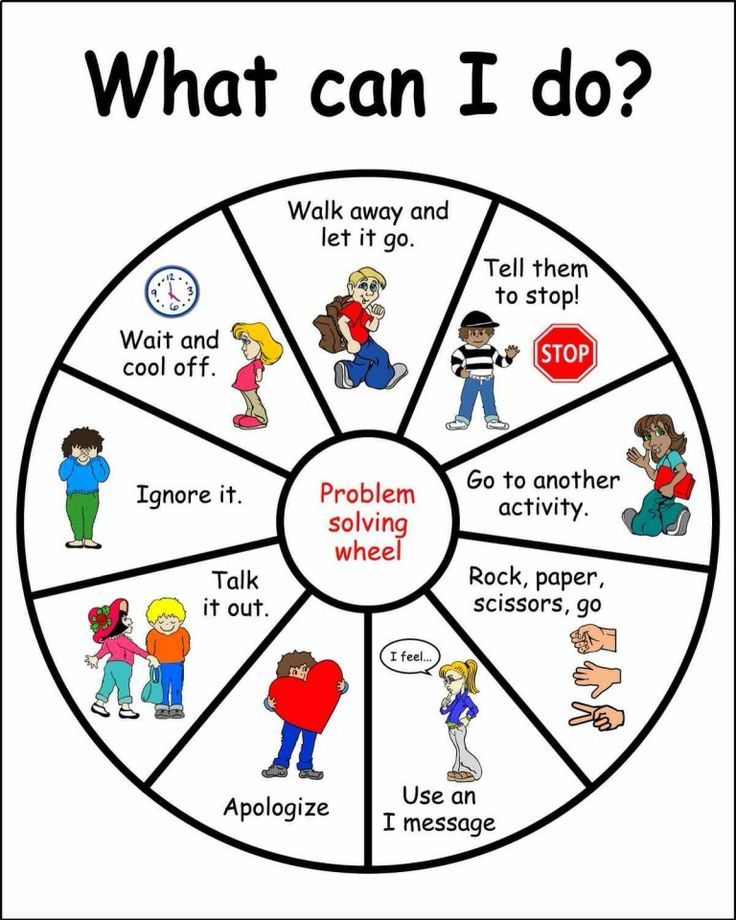 But the next time he is unlikely to be allowed there. Then a teenager can go to a child from a dysfunctional family. That's how they get paid.
But the next time he is unlikely to be allowed there. Then a teenager can go to a child from a dysfunctional family. That's how they get paid.
— When do guardianship authorities start paying attention to families?
- Signals from school, hospital or police. For example, if a school has received a signal that such and such a child has stopped studying and is registered, then they are asked to go to the address, examine the family for trouble, talk to the parents and try to understand their position.
- You mentioned that a teenager can be sent to a rehabilitation center to return to society. What other tools are there?
— If the family is dysfunctional, then first of all we work with the parents, with the family. Since the primary task is prevention among parents, they can be sent to a psychologist (if necessary, to a narcologist). But if they ignore these recommendations, then the teenager can be isolated from them by being sent to a rehabilitation center. Usually this can quickly bring "trouble" to the senses. Parents clutch their heads and are ready to fulfill all the requirements of the prevention authorities. True, some after rehabilitation last for two or three years of a normal life. Then they can break.
Usually this can quickly bring "trouble" to the senses. Parents clutch their heads and are ready to fulfill all the requirements of the prevention authorities. True, some after rehabilitation last for two or three years of a normal life. Then they can break.
There are cases when dysfunctional parents themselves admit that they cannot cope with the child, and go to the guardianship authorities with a request to take the teenager to a rehabilitation center.
If a person does not change his mind after the removal of the child, then we can already talk about the deprivation of parental rights. This happens if a child, for example, has already been admitted to a rehabilitation center for the fourth time.
— How is the rehabilitation of adolescents in such institutions?
— Well, this is not a special institution or a prison. Psychologists work with children there, leisure activities are organized and, of course, compulsory school classes. The child can go to relatives, is not limited in movement. The meaning of transferring children to such centers is isolation from the asocial environment.
The child can go to relatives, is not limited in movement. The meaning of transferring children to such centers is isolation from the asocial environment.
— And if a child from a prosperous family came under the supervision of prevention agencies?
— The most important thing here is for parents to understand their own mistakes. To do this, they conduct conversations with them so that they themselves find leverage on their children. First of all, they must be aware of the extremes that I have already mentioned at the very beginning. If the case is more severe, then, if necessary, the child is already given a referral to a psychologist or psychiatrist. If necessary, the teenager can be sent to the "Ural without drugs".
— And if parents can't cope with a difficult teenager?
— Such cases may occur most often with children who have received a suspended sentence. If he is so out of control and the situation cannot be corrected, then the court can replace the suspended sentence with a juvenile colony.
— In your opinion, is it possible to provide conditions in advance for a child from a prosperous family so that he does not roll downhill?
- I'll probably seem like a retrograde, but in the Soviet Union there was a unified system of prevention - from the school, where the system of education, including patriotic education, was formed, to the police children's room. And the child could not take an extra step and, accordingly, stumble. Every difficult or potentially difficult teenager was registered. Now this system of mutual work is destroyed.
In Yekaterinburg, teenage gangs receive orders to raid stores via telegram channels (VIDEO, SCREENSHOT) , does not interact with the family. Children are left to themselves. An attempt to build a relationship with law enforcement agencies is reminiscent of playing “deaf telephones”.
Finally, I will say one more unpopular thing - this is the absence of "children's" censorship. Soviet teachers understood that it was necessary to protect the child's psyche from information. Now adults are not able to cope with the information they receive from the Internet. What to say about children?
Now adults are not able to cope with the information they receive from the Internet. What to say about children?
As EAN has already written, on April 15, methodological recommendations were sent to the ministries of education of the constituent entities of the Russian Federation on how to introduce state symbols of Russia into the educational process. The document is at the disposal of EAN. We figured out what could change in the everyday life of kindergarteners, schoolchildren and students after May 1, 2022.
The text covers all levels of education, from preschool to higher education. The document implies the introduction of procedures in institutions of additional education and organizations involved in the rehabilitation of children.
Implementation refers to, but is not limited to, procedures for hoisting the flag and playing the national anthem. It is also recommended to conduct specialized classes, organize thematic events during extracurricular time, include the study of symbols in training programs. At the same time, the document does not give specific instructions on how patriotic classes should be built. The document plays the role of a program rather than instructions.
At the same time, the document does not give specific instructions on how patriotic classes should be built. The document plays the role of a program rather than instructions.
“From theft to volunteering and sports”: how Dad from the outskirts of Yekaterinburg re-educates difficult teenagers. PHOTO, VIDEO
6 signs that teenage rebellion is getting out of control
Teenage rebellion is characterized by mood swings, rebelliousness and excessive irritability - thus the teenager says goodbye to his childhood and begins to form as a separate whole person. Sometimes it happens that parents do not know how to properly deal with such behavior, and attempts to talk with a child only lead to emotional breakdowns and aggravate the situation.
Depending on the characteristics of the character, the behavior of a teenager during the transition period can be expressed in different ways. As a rule, in the family of an aggressive teenager, difficulties can be found in both parent-child and marital relationships - not feeling safe, the child suffers from growing anxiety, not receiving confirmation of his own value in the family and support from parents, he loses faith into himself, and his self-esteem tends to zero.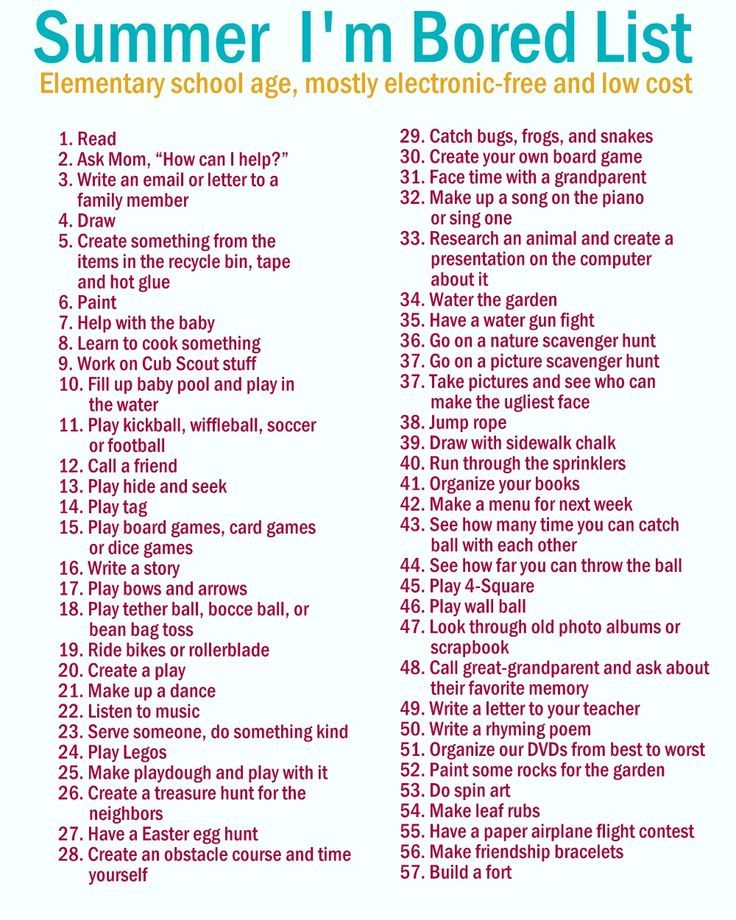 Feeling his own inferiority, the teenager begins to show aggression, moves away from his parents, refuses to follow the established rules, turns away from calm, prosperous peers towards those whose behavior deviates from the norm, believing that in this way he can find support and support. How to understand that a teenage rebellion is getting out of control, and what to do in such a situation, we understand together with psychologist Alexandra Harris.
Feeling his own inferiority, the teenager begins to show aggression, moves away from his parents, refuses to follow the established rules, turns away from calm, prosperous peers towards those whose behavior deviates from the norm, believing that in this way he can find support and support. How to understand that a teenage rebellion is getting out of control, and what to do in such a situation, we understand together with psychologist Alexandra Harris.
Risky behavior
It is during adolescence rebellion that many parents encounter extremely risky child behavior. The complete absence of fear, increased interest in high-rise buildings, abandoned buildings, violation of the law and other manifestations of such behavior signal that the situation is out of control and requires prompt intervention. This is a kind of challenge and a way to attract attention, which, unfortunately, can have irreversible consequences.
Physical abuse
If you begin to notice that a teenager uses physical force towards others, threatens you or your loved ones, and teachers or peers complain about his aggressive behavior, you should immediately talk to him. Teenage aggression is not the norm, so you should not turn a blind eye to the manifestation of such behavior - discuss the causes of the problem, try to establish contact with the child, and if necessary, contact a specialist who will help you objectively assess the situation and suggest solutions.
Teenage aggression is not the norm, so you should not turn a blind eye to the manifestation of such behavior - discuss the causes of the problem, try to establish contact with the child, and if necessary, contact a specialist who will help you objectively assess the situation and suggest solutions.
Verbal aggression
Verbal aggression is the expression of feelings through threats, insults, shouting and scandals. It is based on inner pain and suffering, and its main goal is manipulation. This way of self-expression is a kind of psychological violence - while suffering, a teenager uses verbal aggression to achieve his goals and hurt others, including parents, and therefore the situation definitely requires careful analysis and, probably, consultation of a specialist who can find the true reason for such behavior. .
Indirect aggression
Indirect aggression is expressed in the fact that a person does not use direct methods, but “devious” ones - for example, makes cruel jokes about the victim, tries to gain control over her, threatens, blackmails, gossips.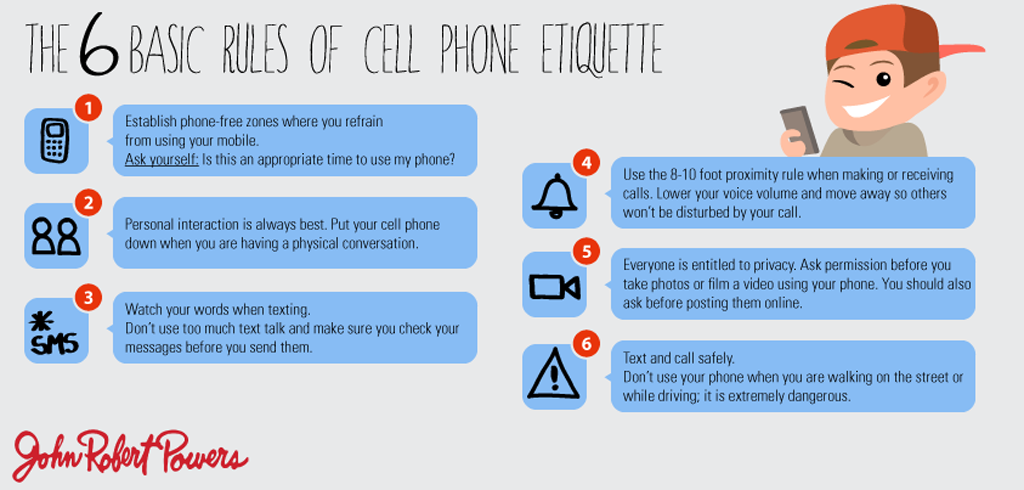 Another manifestation of indirect aggression is unreasonable outbursts of rage directed "to nowhere" - breaking dishes, stamping feet, hitting the wall / on the table, and so on.
Another manifestation of indirect aggression is unreasonable outbursts of rage directed "to nowhere" - breaking dishes, stamping feet, hitting the wall / on the table, and so on.
If you begin to notice such behavior in a teenager, you need to pay attention to the problem and discuss with him the reasons for the manifestation of indirect aggression - perhaps they are associated with a specific event, a loss in the family, a major quarrel.
Ignoring
Ignoring is one of the most powerful emotional abuses. Such behavior is used as a means to achieve their own goals and demonstrate their disagreement with the established rules. Sometimes it indicates a lack of attention and warmth, and sometimes it can be provoked by the opposite behavior of parents - overprotection ( read also : Under the hood: what parental overprotection can lead to). Showing excessive curiosity, trying to get into personal space or completely ignoring the requests and requests of the child regarding his personal boundaries, parents themselves provoke provocative behavior of a teenager.





